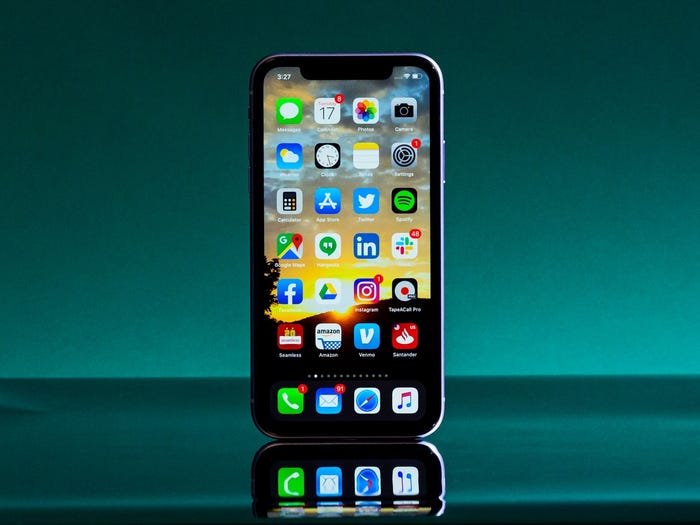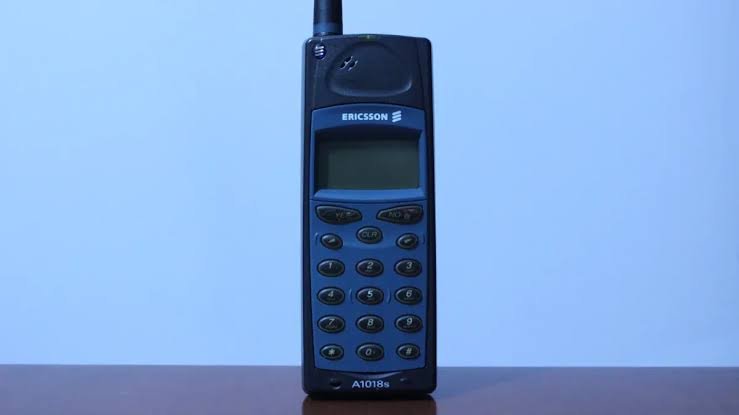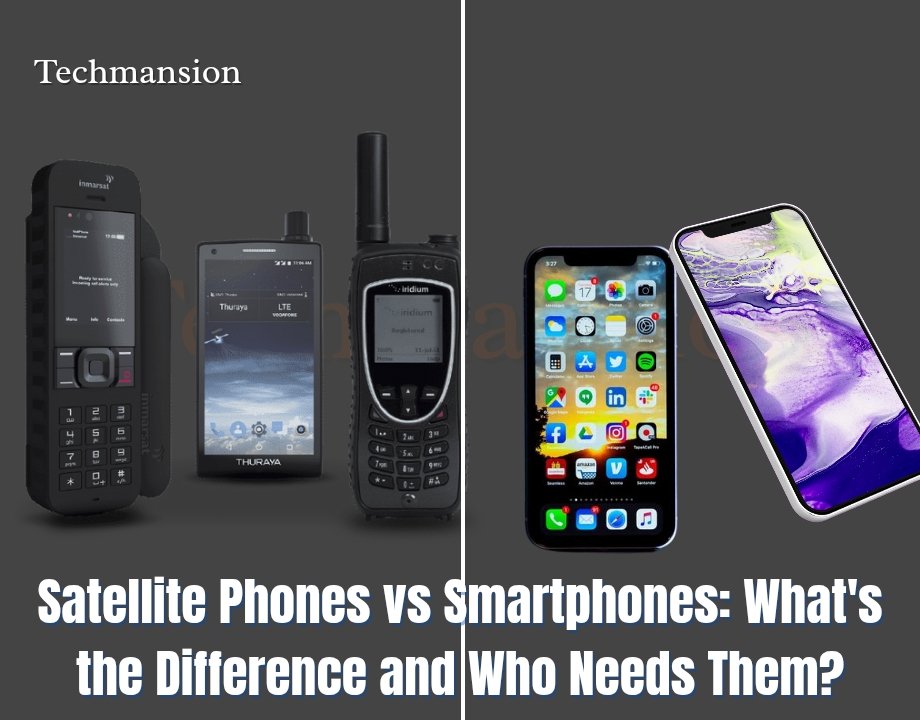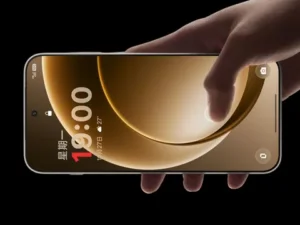When most of us think about phones, we immediately picture the slim, powerful devices in our pockets—smartphones. They connect us to social media, email, video calls, and more with just a tap. But there’s another category of mobile communication technology that operates in a completely different way: satellite phones. Understanding Satellite Phones vs Smartphones isn’t just about knowing the technical differences, it’s about figuring out which one you really need, depending on your lifestyle, profession, or environment.
How Smartphones Work
There is a reason smartphones are everywhere. They are based on cellular networks which are towers embedded in the cities, towns and highways enabling their use in calls, texts and the internet. Strong connectivity can be expected provided that you are within the range of a cell tower. On top of that, add apps, cameras, GPS, and entertainment, smartphones now take the centre stage of individual and professional life.

The catch? As soon as you leave the coverage of the network, e.g., to the middle of the ocean, the desert, or mountains, your smartphone is only a computer that fits in your hand without signal. It is here that the shortcomings of smartphones lead to problems among those who work or travel without a grid.
Read Also : How to Choose the Perfect Phone for Work and Business Use
How Satellite Phones Work
Satellite phones do not rely on cell towers, as smartphones do. Rather, they are linked directly to satellites in the orbit of the earth. This implies that they will offer coverage where smartphones are inadequate such as remote areas, disaster-prone areas, or regions with limited or no infrastructure.

However this is not without its trade-offs. The satellite phones are usually bulky, slower in data speed, expensive and lack features unlike their smartphone counterparts. They will not be doubling as either entertainment or providing slick apps. One thing is their main motive, and that is, to be able to communicate reliably regardless of your location.
Satellite Phones vs Smartphones: The Key Differences
To really understand Satellite Phones vs Smartphones, think about it in terms of use cases. Smartphones excel in daily life—video conferencing, emails, online shopping, gaming, and social networking. They are multifunctional tools built for convenience and entertainment in connected areas.
Satellite phones, on the other hand, shine in environments where survival and safety are the priority. They’re not built to impress with cameras or app stores but to keep you connected when regular phones cannot. The difference is less about which is “better” and more about which one suits your needs.
Who Actually Needs a Satellite Phone?
This is the real question. A satellite phone is not necessary to all. Indeed, a smartphone is all that most individuals need. However, when you fall under either of these categories a satellite phone could prove a savior:
- Adventurers and Travelers: When you are fond of hiking in distant mountains, sailing over oceans, or driving through deserts, you do not feel totally out of touch with the world with a satellite phone in your possession.
- Emergency Responders: In disaster affected regions where local communication infrastructure is usually damaged, the only dependable communication device is usually the satellite phones.
- Professionals in Remote fields: oil workers, researchers in the polar regions and military personnel are known to use satellite phones to keep in touch.
To the rest of the world, smartphones are still the practical option due to affordability, variety and convenience.
Finding the Balance
This is the reality: you are not bound to either pick one or the other. Others have a smartphone and a satellite phone, which they carry on a daily basis and in times of emergency, respectively. In case your job or any other life activities continuously lead you into off-grid areas, your satellite phone investment will pay back in a feeling of safety. However, in cases where you live a major part of your life in cities or towns, a modern smartphone suffices.
Final Thoughts
When it comes to Satellite Phones vs Smartphones, the real difference lies in coverage, purpose, and necessity. Smartphones dominate daily life with features designed for convenience, while satellite phones remain the go-to tool for safety and reliability in extreme conditions.
So, do you need a satellite phone? Ask yourself where you spend your time and what kind of risks you’re exposed to. For most, smartphones are enough. But for those venturing far beyond the reach of cell towers, satellite phones aren’t just useful—they’re essential.




